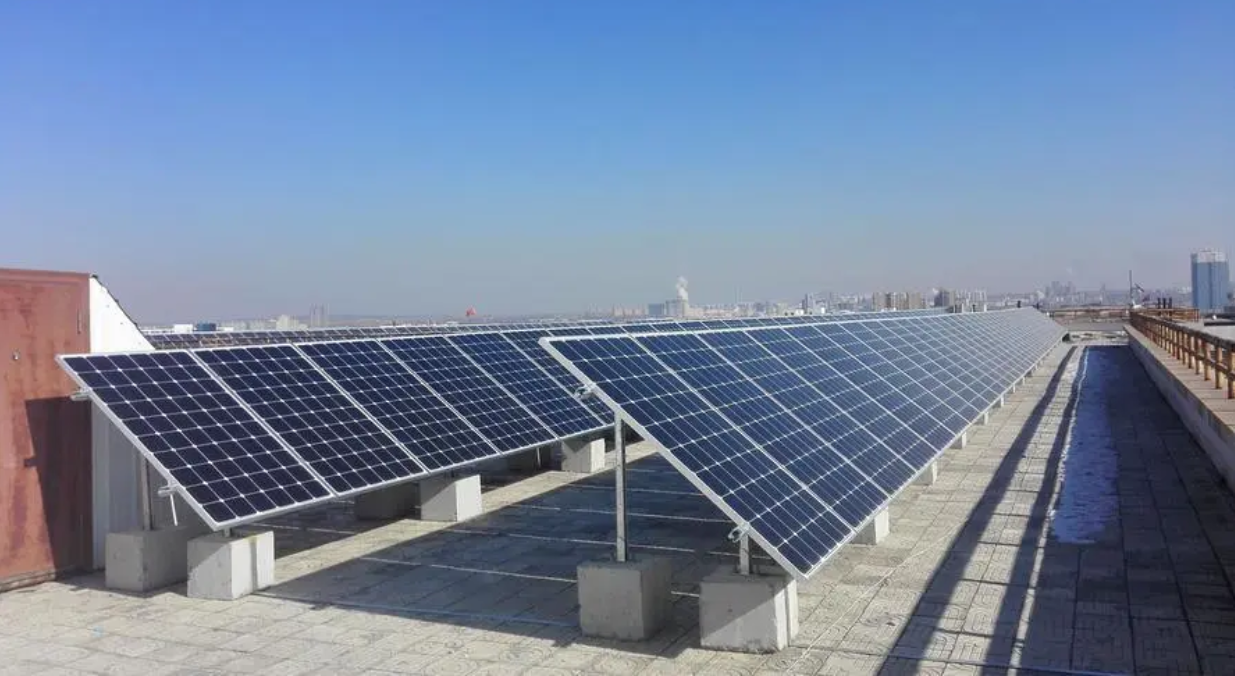
“Bringing the Bui Hydro-Solar PV Hybrid system online means enables us to connect more customers to achieve our universal access target of 90% by 2024, way ahead of the UN Sustainable Development Goal of universal access to electricity by 2030. It also contributes to delivering on the promise in our National Energy plan to increase the renewable energy installed capacity in our energy mix to 10% by 2030.”
Ghana has made remarkable progress in providing access to electricity. Currently, 43% of the total population in sub-Saharan Africa lacks electricity, but Ghana is on course to achieve full access within 18 months.
Variable Renewable Energy Strategy
The Bui HSH project is an important provider of variable renewable energy as Ghana seeks to diversify its energy mix. Construction of the solar plants began in October 2019, and the initial 50MWp solar PV facility began operating in November 2020. The BPA has also commissioned a 5MW Floating Solar Plant, the first of its kind in the sub-region. This strategy complements and reinforces the hydro power, by ensuring the sustainable utilization of its reservoir.
The Bui hydroelectric dam utilises three 133 MW generators at the site, giving a total output of 404MW as at June 2023. An additional 50MW of power is generated from the solar installations on site, with the total renewable power output contributing around 6-7% of the total power generated in-country and is expected to reduce greenhouse gas emissions by more than 47,000 tons per year.
The BPA has led discussions on locating additional solar plant substations in the Northern part of the country.
A reliable and stable electricity supply
To help provide a continuous supply of electricity from the hydro dam, even when water levels are low in the dry season, the BPA added the solar element to the existing hydropower plant, harnessing the country's abundant solar resources to generate clean power for Ghana's national grid.
The combination of hydro and solar power, alongside Battery Energy Storage System is what enables the plant to provide a stable supply of power to the grid day and night. This is important for the energy security of Ghana.
Energy Storage System
The reliability of the inverters, a key component responsible for converting the DC power generated by solar power plants into AC power transmitted over the grid, is of pivotal importance. According to a report issued by TÜV in March 2022, Huawei's Smart PV Solution has achieved a 99.999% availability based on the operation data of the 2.2 GW project in Qinghai, China. Huawei's Smart PV Solution are designed to withstand harsh environmental conditions, providing safe and cost-effective power supply and consumption for decades.
In addition, Huawei’s energy storage solution (ESS) delivers easy maintenance, secure and safe performance and uses high-density lithium batteries, which saves 40% of the floor space.